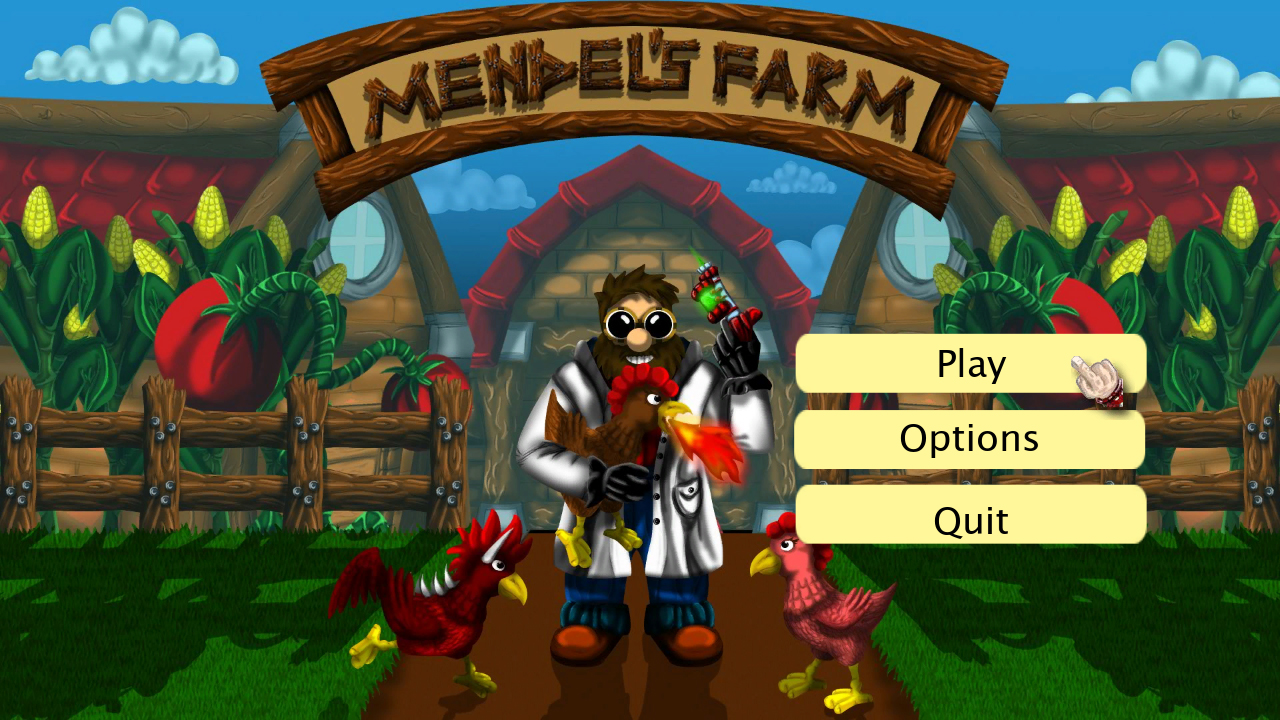
It could be you!
How often have you day-dreamed about making your own game? It's something that you might not have even realised but, in between all the hours spent playing them, the thought of coming up with your own game has probably passed through your mind. Is it a pipe-dream? Not necessarily. Modern development tools are friendly enough (and cheap enough) to make it happen for the truly committed. Speaking of which...
The founders of Static Games are living the dream, and theyre currently working on dbut game Mendel's Farm. Founded by a handful of students from Bournemouth University during their placement year, the studio is currently located at the universitys executive business centre a few miles away from the campus. My desk is currently about, ooh, eight-feet away from their so we spoke about their journey from playing games to actually making them.
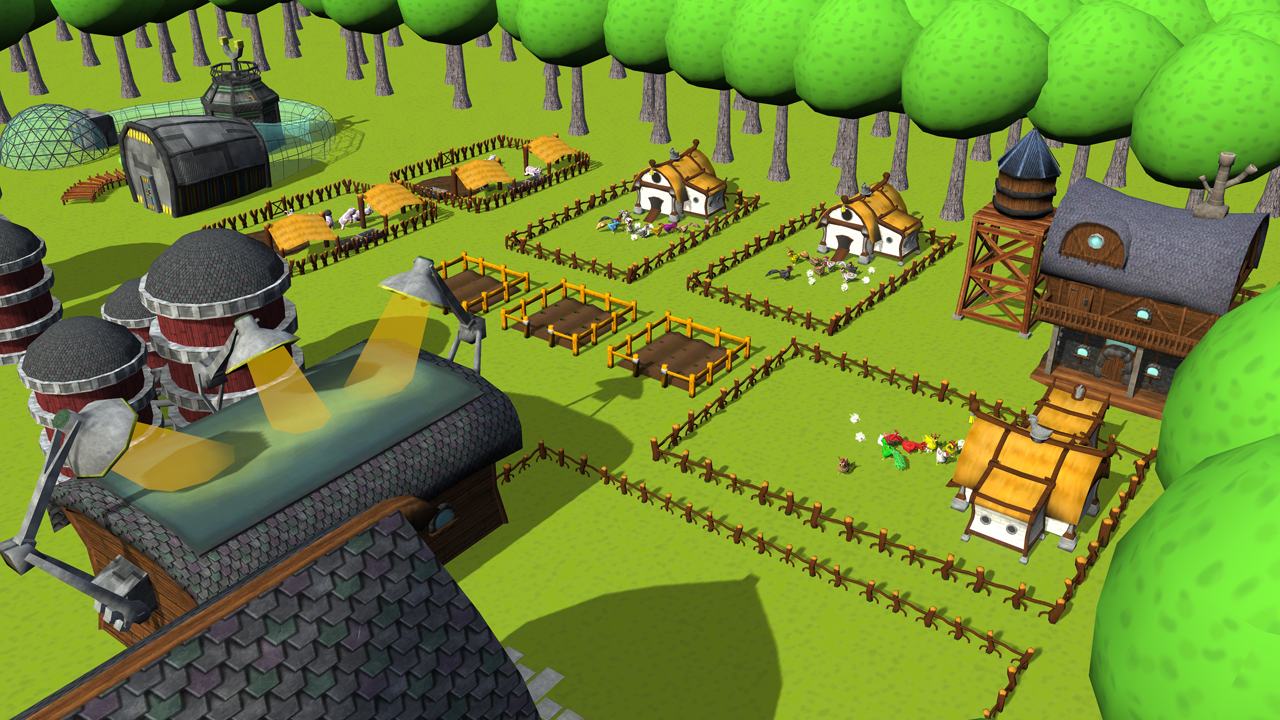
So, how did the studio first come together?
According to Brett Whitehead--a co-founder and artistic lead--the team first came together in a bit of a blur, so they could submit an idea to the Make Something Unreal competition. It was coming up with the concept at first, and then when me and Ryan (one of the other co-founders) put that through, we were like Yeah, thats that sorted, well find team members later.
But as 99% of students can attest to, theres always that one thing you forget We got it sent back saying no, no, no you have to have team members when you enter so at that point who is actually still attending uni? laughs Brett, as he points around the table and re-enacts asking the group if they want to join and who do they know who can join. The rest of the team were clearly more than happy to oblige.
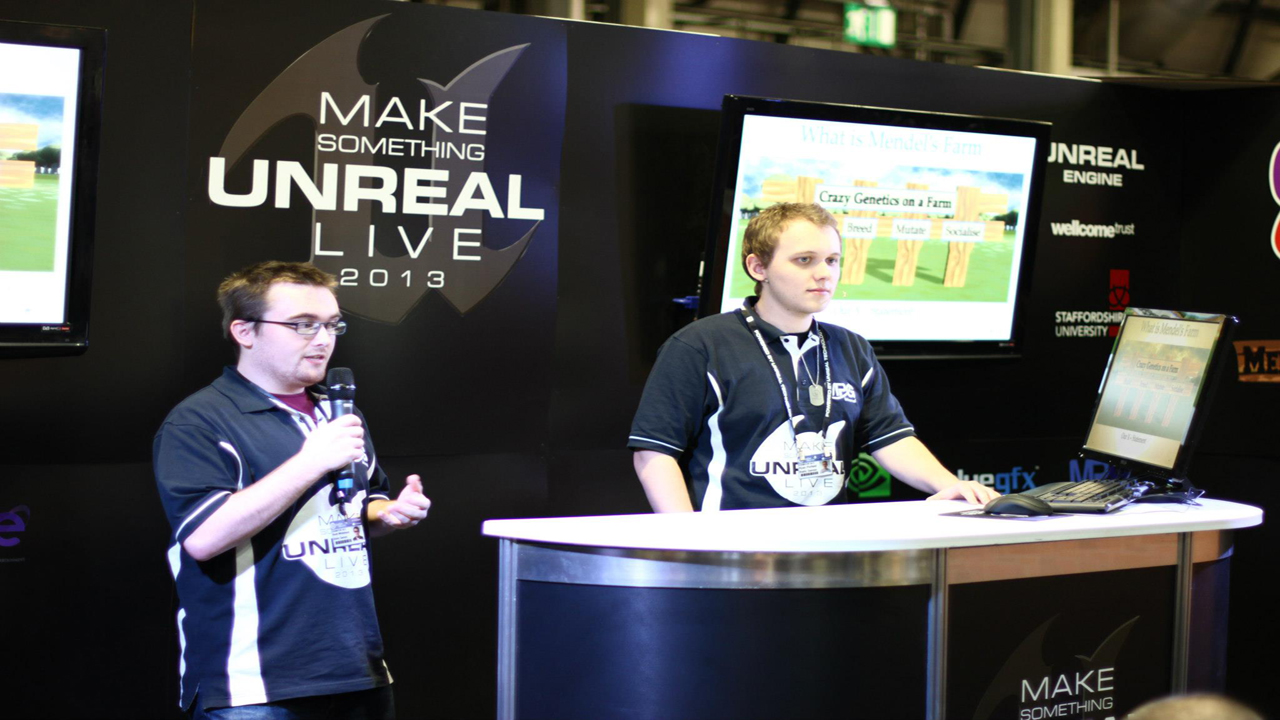
What happened next?
Fortunately, the last minute rush wasnt in vain and they made it through to a group of twelve teams from universities from across the world. Then a live pitch whittled those twelve down to four, with Static making the cut for the finals being held at last years The Gadget Show Live at the NEC, where the not-at-all daunting task of developing their game in front of an audience waited for them.
Brett reckons it was the fastest theyve ever worked. Were all sat, all seven of us, all sat in a small area and it was just so easy to apply feedback we had been given and work really fast. Until we got an office space again, it was just the fastest we had been able to work. So, if youre thinking of making a game, an entire convention of people couldnt hurt to keep you motivated.
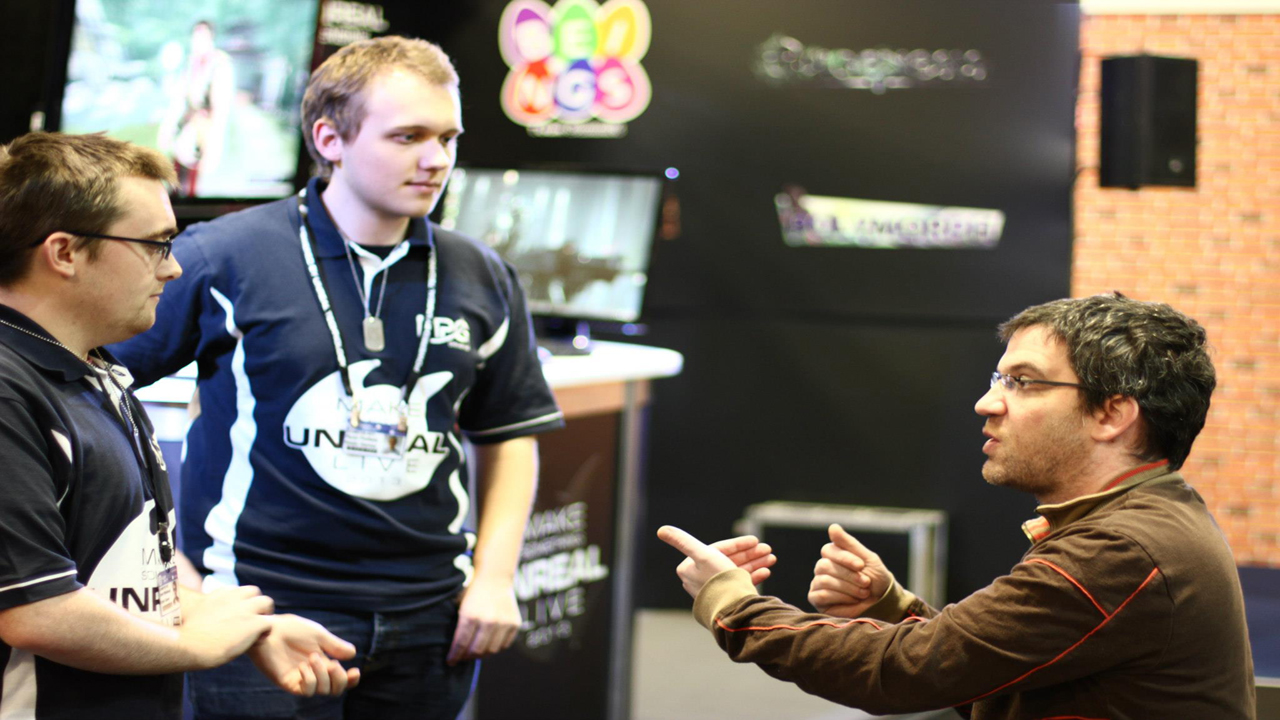
Who were some of the experts giving feedback on the game?
On top of developing in front of a live audience, the team also got feedback from industry experts like Epic Games Mike Gamble plus Fable creator Peter Molyneux. And when a BAFTA award winner gives you advice, its pretty easy to take notice. Ryan Pinfield--a programmer on the team--explains how Molyneux shaped the games monetary model.
He was a nice guy, he was really interested in what we were doing. He just said at the end, remember we are all making games to make money, so that was useful. Originally we were going along the lines of the free play model, but thats a lot of hard work to keep it going, so weve decided to go along the basis of a paid model. Now, you pay a one-off price and you get the whole package instead.
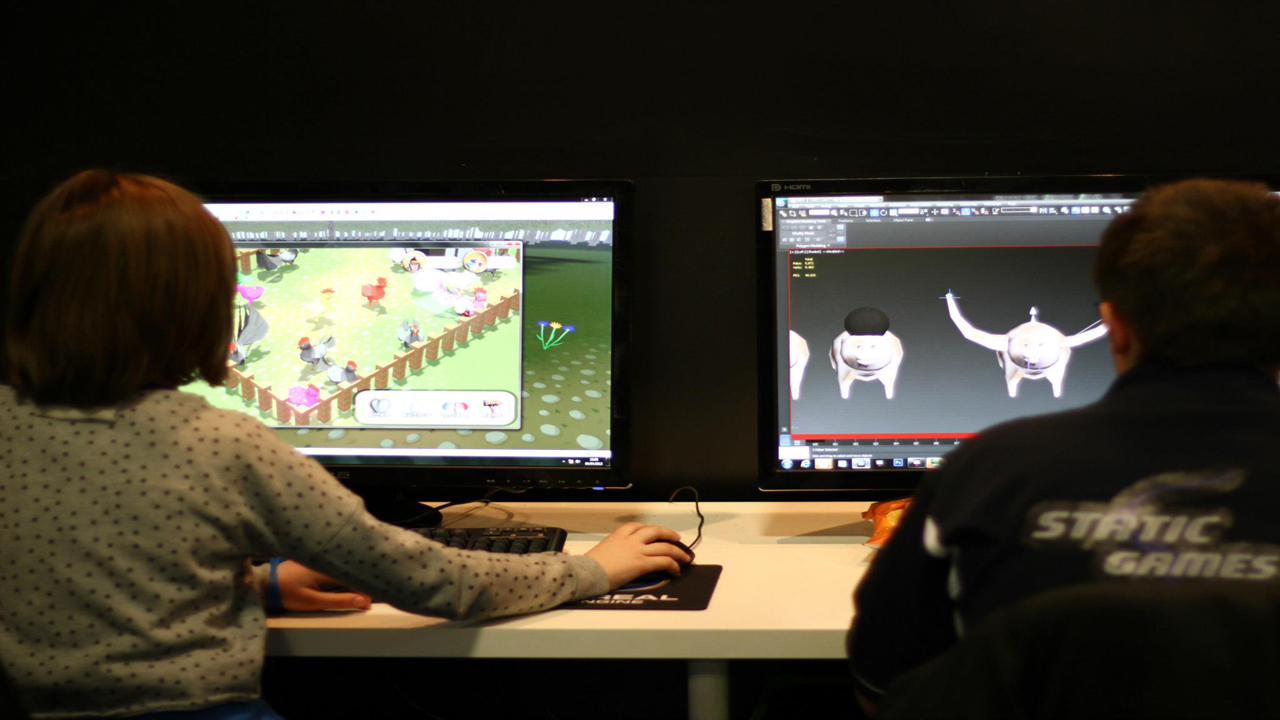
When did they decide to take this on full time and actually make a games company?
While the team didnt win--they came in fourth, Brett points out--the tournament gave them the momentum and desire to see Mendels Farm completed. Well, more of the motivation behind keeping it going was obviously the good feedback you can get from these events and as it happens, the moment where you have someone sat on your computer playing the game and you see a parent come along and drag them away, thats just a thats just a win moment, I suppose with game design.
Robin Humphreyies is the groups managing director and he jumps in to explain how the game captured one persons attention. Brett [comes] into the office one day and says 'I got a phone call earlier from just some kid in Birmingham asking about the game!' The guys believe their fan picked up a business card and this dedication clearly struck a chord with the team.
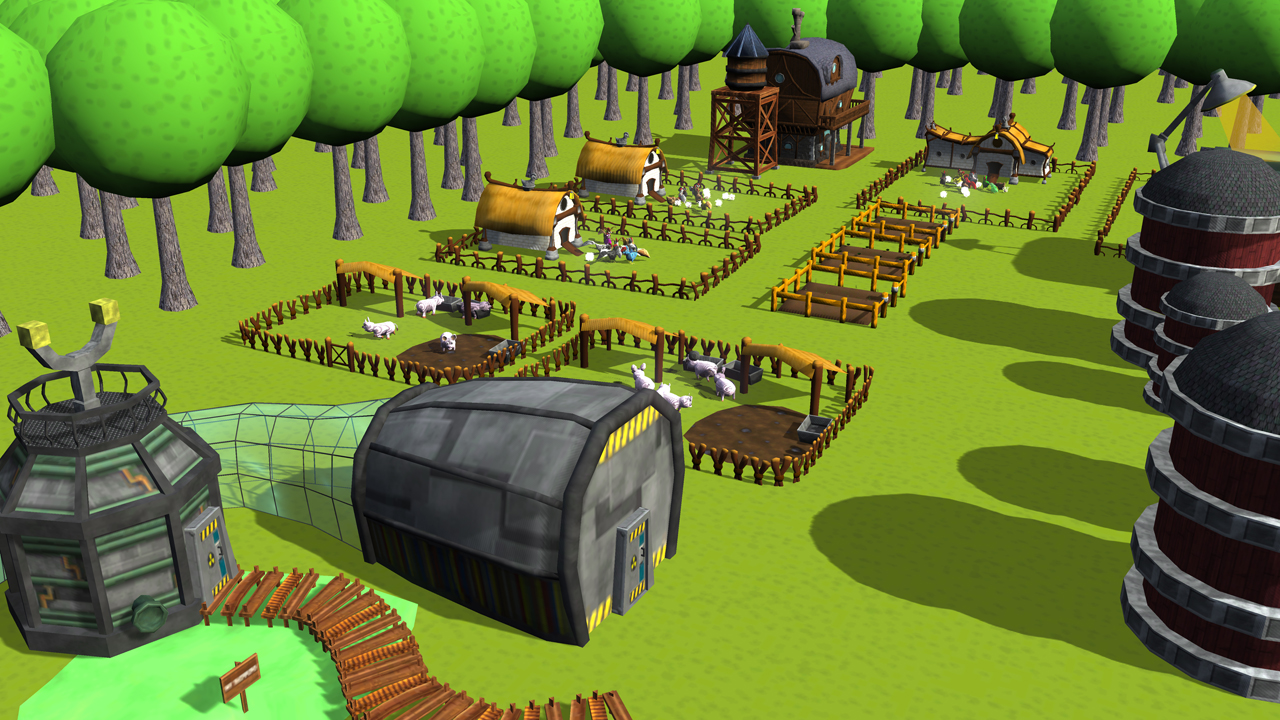
And are they feeling any pressure from finishing off degrees, while also running the company?
Even the most hard-working and academically dedicated student (what, they exist) has felt the cold dread of a creeping deadline. Having your own indie studio to distract you from assignments could seem like unnecessary self-inflicted punishment, but everyone quickly points out theyre currently in the middle of their placement year, so that's still another few months off.
Throughout this year, we dont have to worry about things like lectures, we dont have to worry about assignments. Its just survive for a year basically before we go back to Uni says Brett. Lead programmer Simon Pugnet agrees with him, adding: Because of what we already had, we decided to set up the company and we can use the placement year to get a sandwich degree course. FYI--that's not a degree about making sandwiches (which would be totally awesome, by the way).

So, would they have made a game if they hadnt have gone to university?
Crippling debts, mouldy houses and 3am trips to grease buckets after boozing yourself silly; university life sure has a lot to offer. But, with the explosion of the indie game scene, would they have been able to create a game without further education? Rob points out: It is the university that put us in front of the competition and said heres something you can enter. It was the university that provided us with the base skills you need and gave us an interest in game development.
When they first made it clear to their lecturers what their plan for their placement year was, the response was fairly positive, Ryan explaining: I think they expected it after how well we did at the Make Something Unreal competition, our lecturer was like Yeah, thats something thats a good idea, youve got a great chance because youve got a great product already.
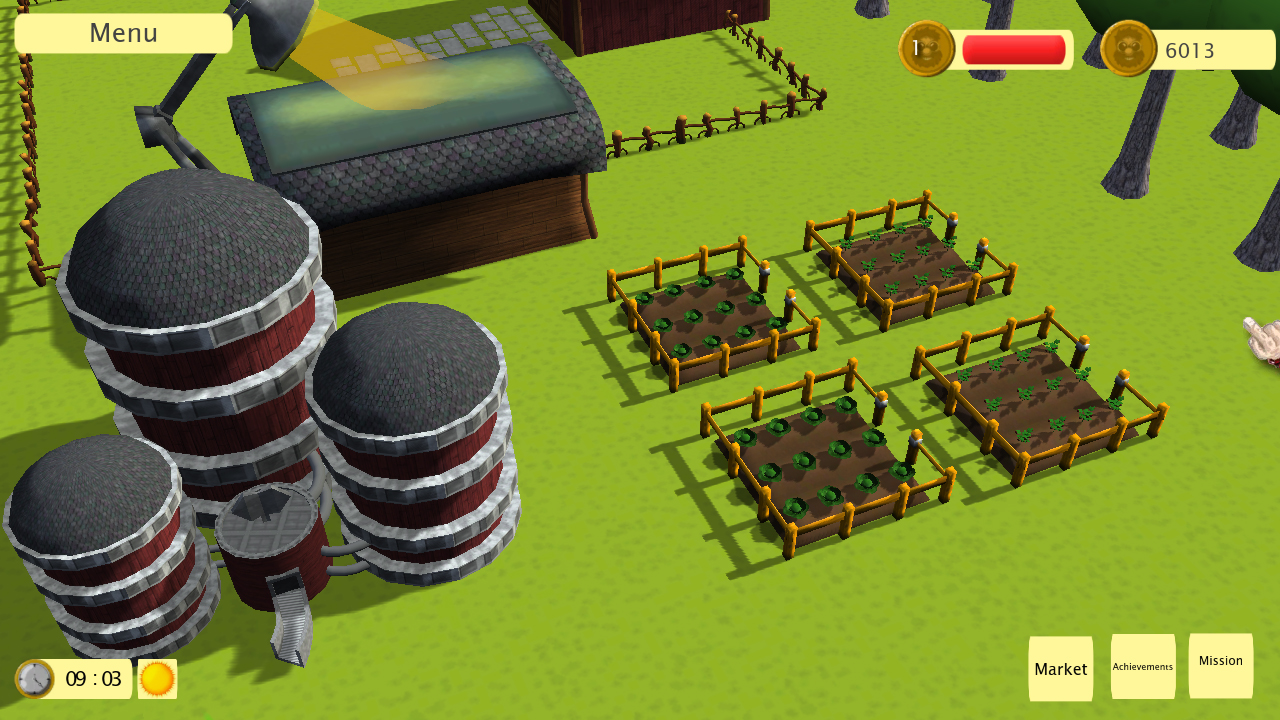
Do you really need a degree to get into AAA development, or can you go indie straight away?
Got a console or a PC? You wouldn't be here if you didn't, so youll know that indie development has become a very big deal over the past few years. This means that the team will graduate to a very different industry from the one they started out with. Ryan says: Over the years since I started, the indie scene has become much more popular and you realise--as you pay more attention to it--that this is the most viable and best option for people like us who are fresh out of university, to make their own game, make their own path.
Brett quickly follows up adding: Over time, you hear from more and more people, who went straight into a new company or a AAA developer, and theres every possibility that youll be stuck doing something you dont want to do. You might end up making the ponies for My Little Pony, whereas you dreamt of making the aliens or something. You may be stuck making cardboard boxes or something for four months. Of course, you could always be making those cardboard boxes for Metal Gear Solid
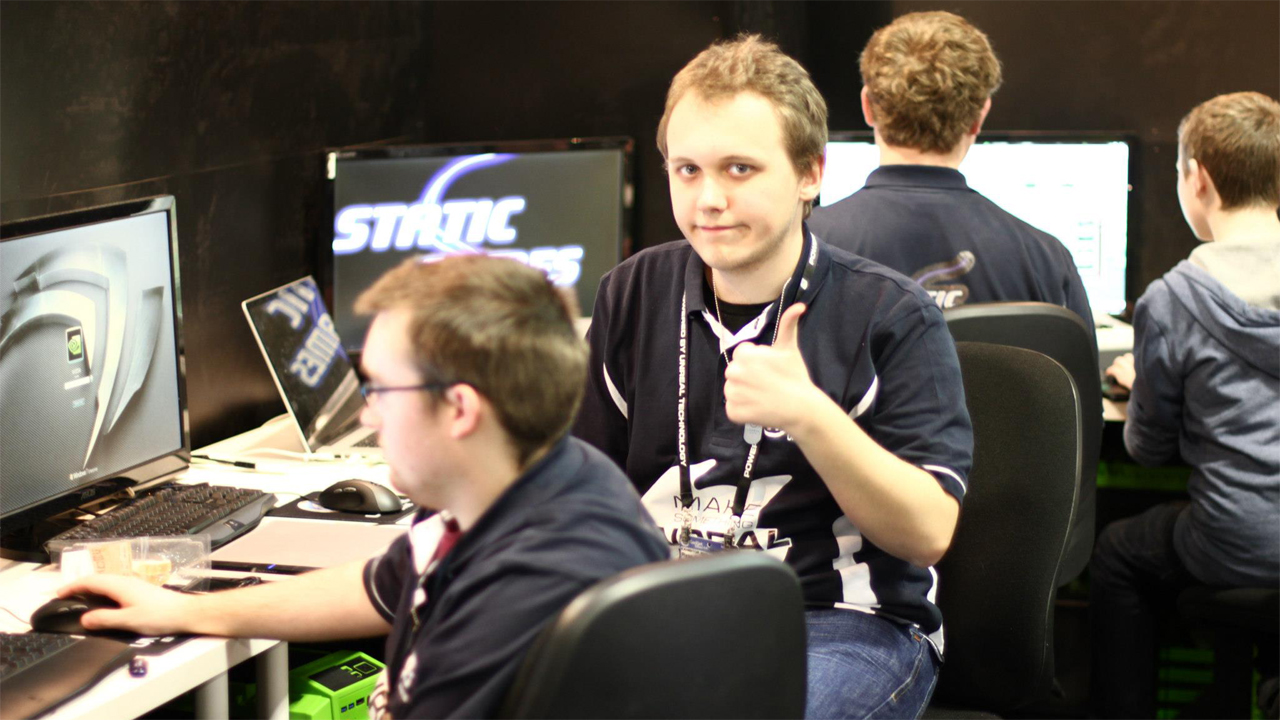
Speaking of indies is the indie developer still relevant?
The idea of being an independent developer is just sort of backwards. Ive never felt less independent than being an indie developer. Rob says. He makes it clear that he doesnt mind the term indie developer, but clearly believes that the way the studio works is the opposite of independence. Yeah, I guess that is my point, it is a community thing.
During the development of Mendels Farm, Rob was given advice that cemented his view on the community aspect: A guy called Ashley Gwinnell, we spoke to him a few times and one of the things he said to me was Look, go out, get on Gamejolt and start talking to other developers. Theres no better way to get feedback, to get your game there, to get some advice. It is a game development community and if everyone was completely independent and working on their own? Im pretty certain it would fall apart.
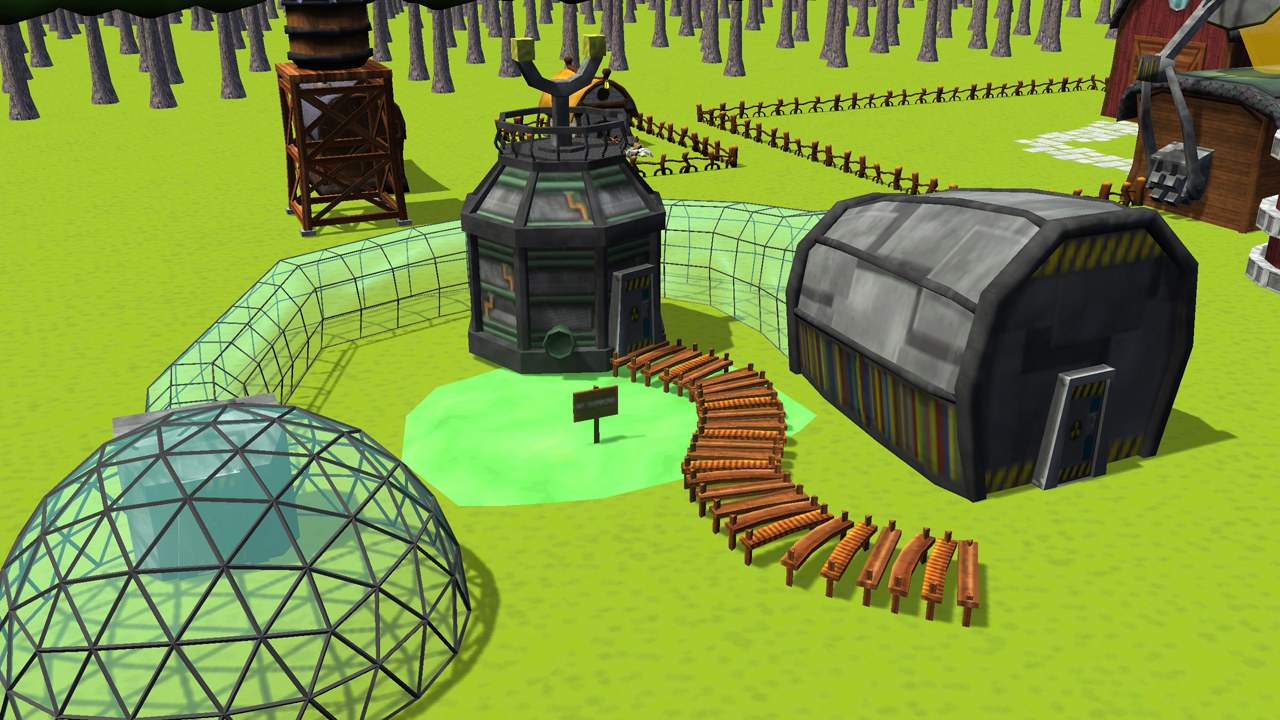
In a nutshell, what is the biggest challenge with running your own studio?
Even when youre running your own gaming studio, its not always about the fun and games, as Brett laughs: To make money! Rob elaborates: Theres this big lie that they tell you when you first go freelance and self-employed, its that you have more time and more freedom. Then you start up and realise youre working 70 hour weeks and youre not being paid.
But that does become a problem, its finding access to cash. We have people on our team who do second jobs, we do contract work on the sides, so were not exclusively a games studio at the moment. Its what we want to do, but we have to do other work to finance that. They only have a vague idea of what their final year holds, with Simon stating: They cant say for sure, but theyve given us the general idea of what we might be doing, so we can look into it and prepare for that.
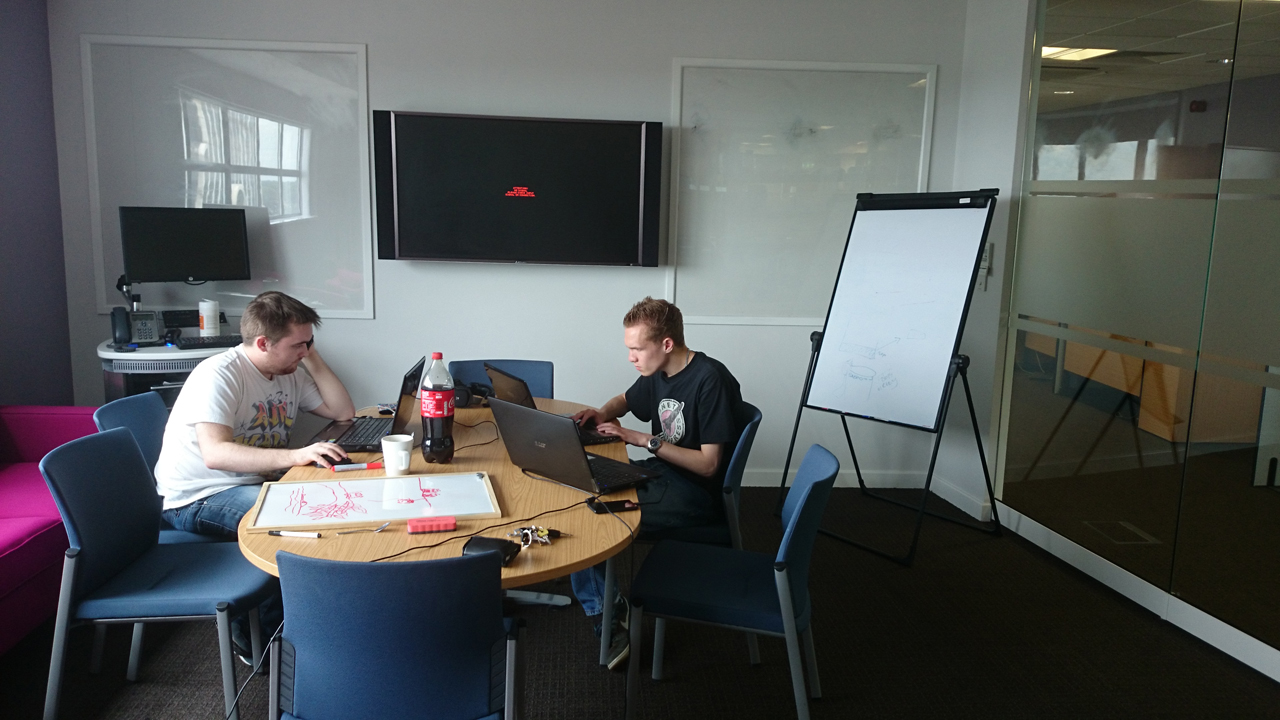
What next?
With a dissertation looming on the horizon as well as the demands of continuing work on other projects, the final question I asked was if the team saw their company as a stepping stone into AAA development or if they wanted to keep it going past their studies. Every one heartily agrees that they want to stick with their creation. All but one. Maybe [after] a name change laughs Ryan.
Want more interesting features from GamesRadar? Check out The Man Who Quit Neuroscience To Make Games and The Indie Revolution: Brave New World, Or Just The Same Old Cycle?.

Ben Tyrer is a freelance games journalist with over ten years experience of writing about games. After graduating from Bournemouth University with a degree in multimedia journalism he's worked for Official PlayStation Magazine as a staff writer and games editor, as well as GamesRadar+ (hey, that's this website!) as a news editor. He's also contributed to Official Xbox Magazine, Edge, PC Gamer, GamesMaster, PC Games N, and more. His game of the year - no matter the year - is Rocket League.


